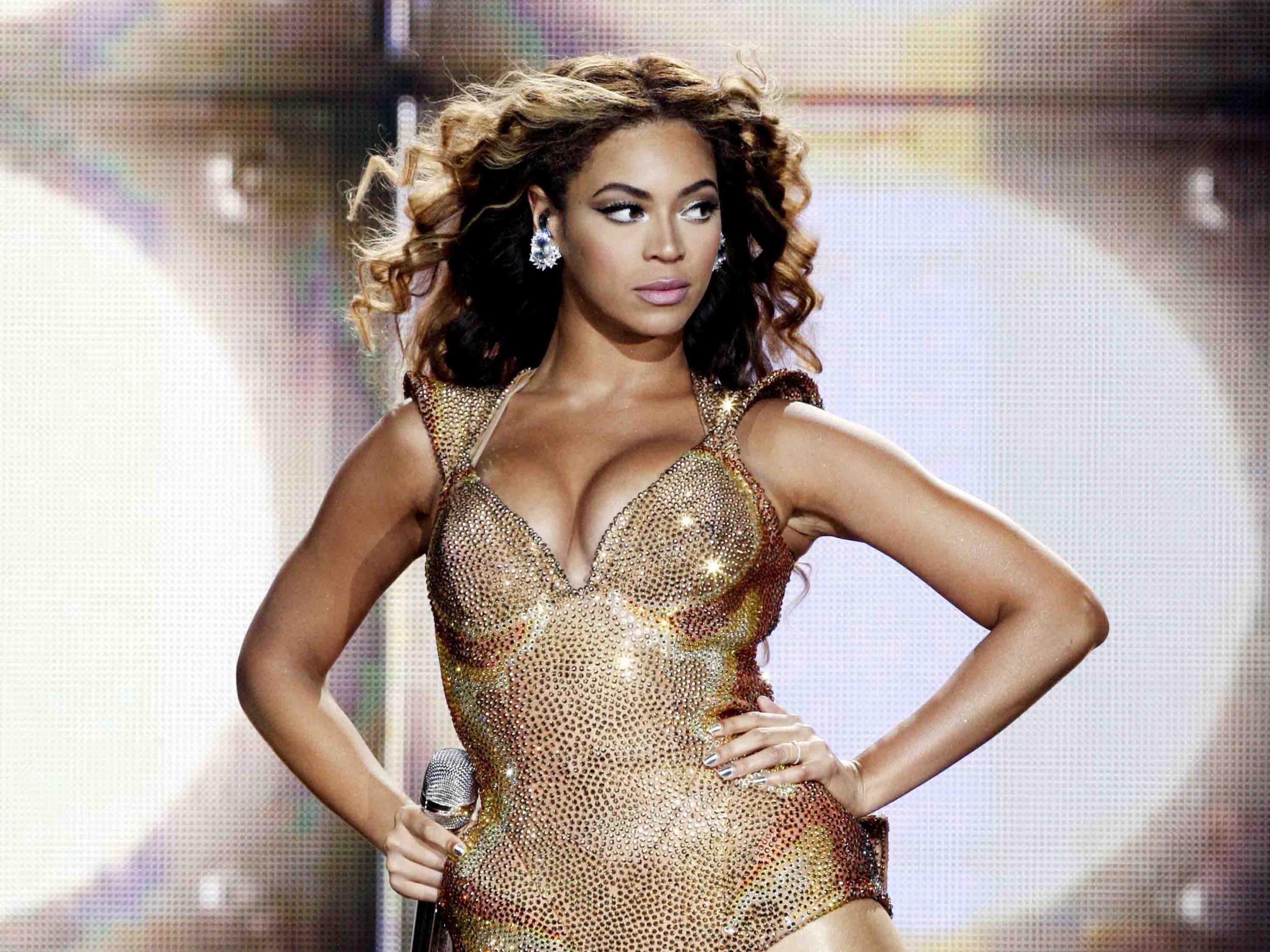Beyoncé is rumoured to be ‘taking control’ of September’s Vogue – let’s hope this is a teaching moment for Anna Wintour
Why weren’t some of the flaws in Vogue fixed before this moment? They weren’t the responsibility of a renowned pop star to iron out


Your support helps us to tell the story
From reproductive rights to climate change to Big Tech, The Independent is on the ground when the story is developing. Whether it's investigating the financials of Elon Musk's pro-Trump PAC or producing our latest documentary, 'The A Word', which shines a light on the American women fighting for reproductive rights, we know how important it is to parse out the facts from the messaging.
At such a critical moment in US history, we need reporters on the ground. Your donation allows us to keep sending journalists to speak to both sides of the story.
The Independent is trusted by Americans across the entire political spectrum. And unlike many other quality news outlets, we choose not to lock Americans out of our reporting and analysis with paywalls. We believe quality journalism should be available to everyone, paid for by those who can afford it.
Your support makes all the difference.There’s a belief, often for very good reason, that when push comes to shove, women get shit done. When challenged, we have an almost superhuman-like capacity to just get on with things, usually for the betterment of everyone – even if we aren’t fully rewarded for the effort (see: the indefensibly large and stubbornly persistent gender pay gap).
Except having women serve as leaders isn’t in and of itself an indicator that better things are on the horizon for the marginalised. You only have to look at Theresa May’s leadership, transphobia from some feminist communities and the continual discrimination against women of colour by other women as evidence.
And this week, when news from sources that Vogue’s editor-in-chief, Anna Wintour, relinquished her usually impenetrable power over the coveted September issue cover so that none other than Beyoncé Knowles-Carter could take the helm, that theory was put to the test yet again.
As the story goes, the international superstar, arguably the most powerful woman in the music industry, will not only grace the September cover, but has been granted “unprecedented” permission to choose her own photographer, photos and long-form captions for any images of her featured in the magazine.
True to her history of championing up-and-coming artists, once handed the reins, Knowles-Carter chose to employ the talents of 23-year-old Tyler Mitchell, a black photographer who has (already) worked with the likes of Givenchy and Marc Jacobs. Her choice was significant: in 126 years of the publication’s history, Mitchell will become the first ever black photographer to shoot a cover, and I’m guessing it would have stayed that way had Wintour insisted on making the choice herself.
While there is much to celebrate about this news (the idea that rumours about a possible 2019 tour and new solo album from Beyoncé are starting to sound more and more plausible has got many fans excited for starters) but it’s shameful, in my opinion, that well over a century passed without so much of a whisper of Vogue’s lack of inclusiveness. Despite her nigh-on flawlessness as a human (speaking as a fairly huge fan myself, if you hadn’t noticed), this flaw was not Beyoncé’s to fix.
Even more concerning is the lack of action Wintour took against righting this wrong in 30 years of running the so-called fashion bible. We’ve moved away from the idea that the woolly merits of so-called “feminist” corporate leadership will save us all. In many cases, self-described “feminist” companies rarely resemble the utopian visions they purport to emulate.
Throughout Vogue’s legacy of all-women editors-in-chief, from Josephine Redding’s run to Wintour’s, women only really “got shit done” for other white women – and a very specific class of white women, as well. Although some genuinely groundbreaking achievements have been made as part of that leadership – the September 1933 issue (probably unbeknown to then editor-in-chief, Edna Woolman Chase) featured a bisexual, Dutch-Indonesian model called Toto Koopman, and under Grace Mirabella’s leadership, Beverly Johnson became the first black woman to grace the cover – it’s well worth remembering how long it took to realise some of those efforts.
As recently as 2016, Wintour pledged to move the magazine to “a place of far greater inclusiveness, tolerance and diversity”. Things may have improved slightly after that – Vogue’s March 2017 cover, for example, featured a relatively diverse range of women for a high-fashion magazine – but it’s clear to me that that understanding of “inclusiveness” did not necessarily extend further than the surface (or the cover, in this case).
September’s issue is rumoured to be her last, so it’s unlikely that this will serve as a teaching moment for Wintour specifically, but who knows? Maybe this unintended gaffe – in which the US Vogue team likely anticipated unconditional praise over a Knowles-Carter cover, as opposed to facing criticism – will inspire whoever succeeds Wintour to surround themselves with people whose ideas create lasting and impactful change for the marginalised.
Join our commenting forum
Join thought-provoking conversations, follow other Independent readers and see their replies
Comments